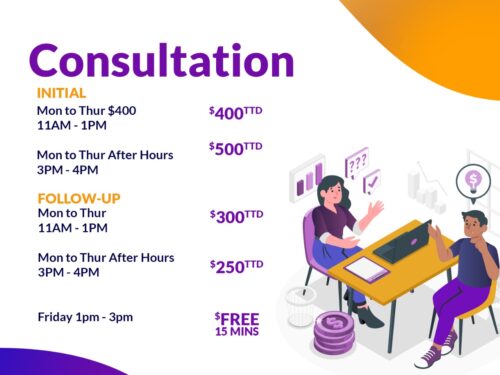Financial mistakes can happen at every single stage of our life. With each new financial commitment and responsibility, there is a whole new way for us to mess it all up.
The good news is, you are not alone. As long as you are just making minor financial mistakes instead of major financial mishaps, you can still recover pretty quickly. And the best way to avoid big mistakes is to know what they are, and find your way around them.
With that said, let us examine the common big mistakes that can happen at every stage of our lives.
$$$$$$Financial Mistakes People Make in Their 20s$$$$$$
The young generation of twenty-somethings are often seen as the most irresponsible when it comes to personal. If you are in your twenties, avoid these 5 mistakes and you will get ahead early on in the financial game.
Piling Up Credit Card Debts: Don’t let that little demon on your shoulder convince you, “Your credit card debt isn’t as bad as your friend’s, so don’t feel bad and keep on spending,” and “Oh you don’t have enough money, let’s just pay whatever you can this month.”
These are the kind of rationalisations that pull you deeper into credit card debts, and trap you in it. If any of these thoughts ever cross your mind, slap yourself (not so gently) and focus on getting out of debt systematically by:
- Keeping track of your credit card spending and make sure you are not spending more than you earn
- If you are already in debt, calculate how much you can put towards clearing debts each month and stick to it
Not Planning for Retirement: Huh, what retirement? To many young persons retirement is a long, long time away. Most people plan to retire in their 50s to 60s, so there is a good 30 to 40 years for me to plan, right? So what’s the hurry? Well, if you are in your 20s you have something extremely valuable on your side – Time.
Someone who invests $5,000 annually at 7% growth between age 25 – 65 (total investment $200,000) will end up with more money in his nest egg at age 65, compared to someone who invests $5,000 annually between age 35 – 65 (total investment $150,000).
Want to begin investing but know nothing about investments? Speak with your financial advisor about mutual funds as a safe start.
Refuse to Learn About Money: Most young people do not receive proper personal finance education. The more fortunate ones may have teachers and parents who are well-versed in personal finance management and are willing to provide guidance, but many individuals are never taught any money management skills at all.
While this can be debilitating, it shouldn’t be an excuse for ignoring the importance of personal finance management. The fact that you are reading this article is a good start.
Unwilling to Take Calculated Risks: Young people in the 20s usually have fewer life responsibilities and of course, financial responsibilities. This is the group of individuals that can afford to shoulder more calculated risks that are potentially rewarding down the road.
We are not talking about risky investments and uninformed decisions. Any investments and decisions you make should be well-researched and understood. There is a saying – Don’t invest in what you don’t understand.
With that said, this is the best age to start investing and take advantage of compounding interests. This is also the best time to start a small business on the side that can be extremely rewarding for the years to come.
Next week…Financial mistakes to watch out for in your 30s
Be sure to join our Facebook, Instagram, Tiktok and our Website for more valuable information. Ask about our Business Startup Kit, Retainer Package, Year End Retainer Package , Business Bank Account or learn how manage your finance with our Prerecorded and Live Courses. Book a FREE 15 mins CONSULTATION on Fridays from 1pm to 3 pm.
“A wealthy person is simply someone who has learned how to make money when they’re not working.” – Robert Kiyosaki









